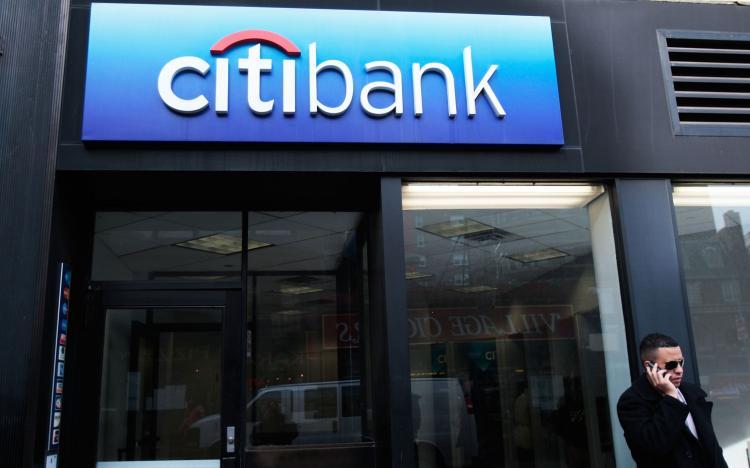NEW YORK—Several weeks ago, Citigroup CEO Vikram Pandit thanked U.S. taxpayers and the U.S. government for the $45 billion in bailout money it received during the global financial crisis.
Soon, it may be the government’s turn to thank Citigroup. The U.S. Department of Treasury is reportedly planning a program to divest its 27 percent stake in New York-based banking giant Citigroup, Inc. which has scheduled sales, and in turn, net profits of $8 billion if sold at today’s prices.
According to a Bloomberg report that cited unnamed insider sources, the Treasury is developing a preset trading plan that would mandate the government to sell its common stock in Citigroup. According to Bloomberg, sales could begin next month after the bank announces first quarter earnings on April 19.
The U.S. Treasury and representatives of Citigroup did not comment on the report.
Citigroup was among the first eight major U.S. banks to receive money from the controversial Troubled Asset Relief Program (TARP), the $700 billion plus program that sought to rescue the nation’s financial sector from the brink of disaster. The Treasury bought $45 billion in preferred shares of Citigroup, among the hardest hit of all banks, at the height of the global financial crisis in late 2008.
Later, the Treasury converted $20 billion into a loan, and the remaining $25 billion into common stock.
Last December, the bank raised money from a stock sale to become the last large U.S. bank to repay the $20 billion in debt it owed taxpayers. Today, only the $25 common share investment remains.
Huge Windfall
As of last Friday’s close, the government’s stock ownership in Citigroup is worth around $33 billion on paper, and should the Treasury sell at today’s price, U.S. taxpayers would net about $8 billion in profit—the biggest profit netted by the government in any previous sale of bailout investments.
The large windfall affirms the assertion made by the Bush and Obama Administrations at the time of bailouts that U.S. taxpayers would make money from TARP funds. As the U.S. economy stabilizes, Citigroup shares have climbed 30.2 percent since Jan. 1.
Selling Too Soon?
But according to some analysts, the Treasury may be selling its stake too soon, and therefore, robbing taxpayers of an even bigger windfall.
Citigroup’s share price as of last Friday, $4.31, is more than $1 off its 52-week high of $5.43 and analysts widely expect the bank’s shares to climb above that threshold in the near future.
Richard Bove, an analyst with Rochdale Securities, said in an interview with Business Week that he sees Citigroup shares quadrupling by 2012. Other Wall Street analysts all gave price targets of $6 to $8 per share within the year. Should the Treasury hold onto its holdings, that $8 billion profit could easily double, according to analyst predictions.
Others argue that the government is not in the business of holding stock in the private sector for investment purposes. The aim of the deal back in 2008 was to ensure that Citigroup had enough capital to survive as a viable company, and such risks have long subsided.
Citigroup is the nation’s third-largest bank holdings company by assets, trailing Bank of America Corp. and JP Morgan Chase & Company.





